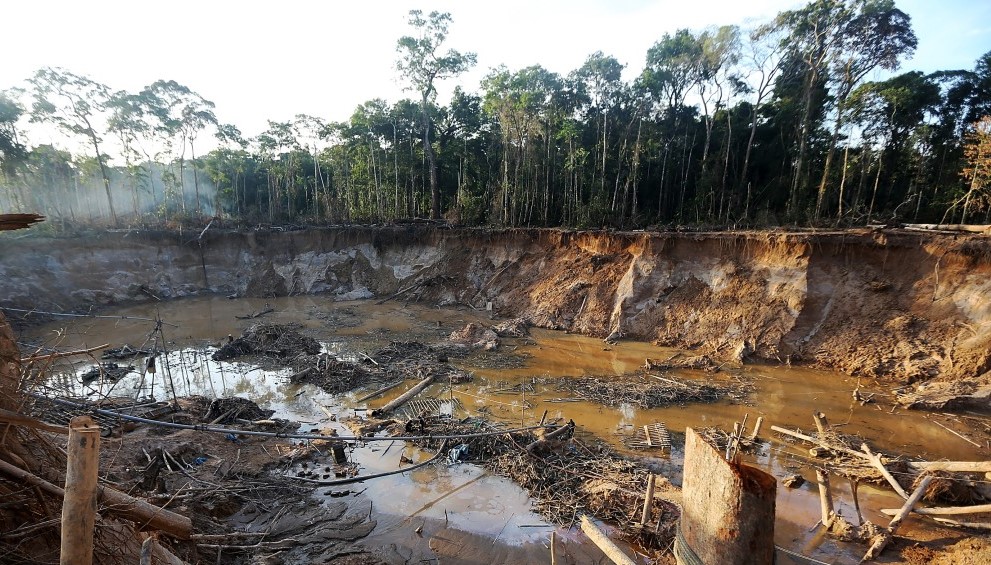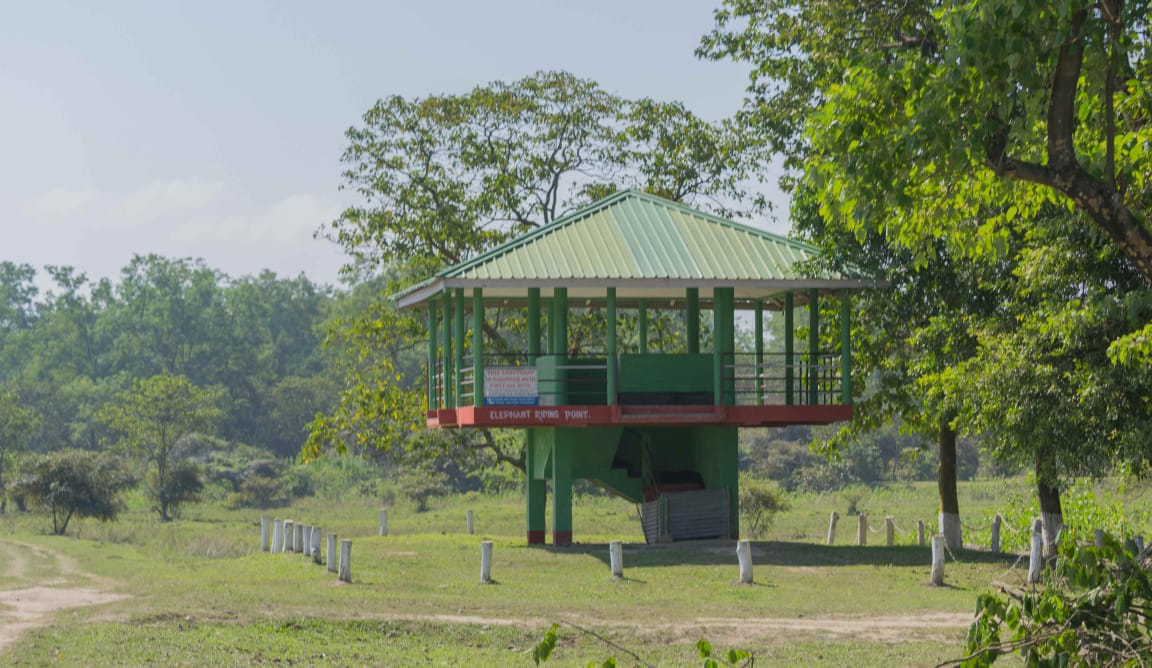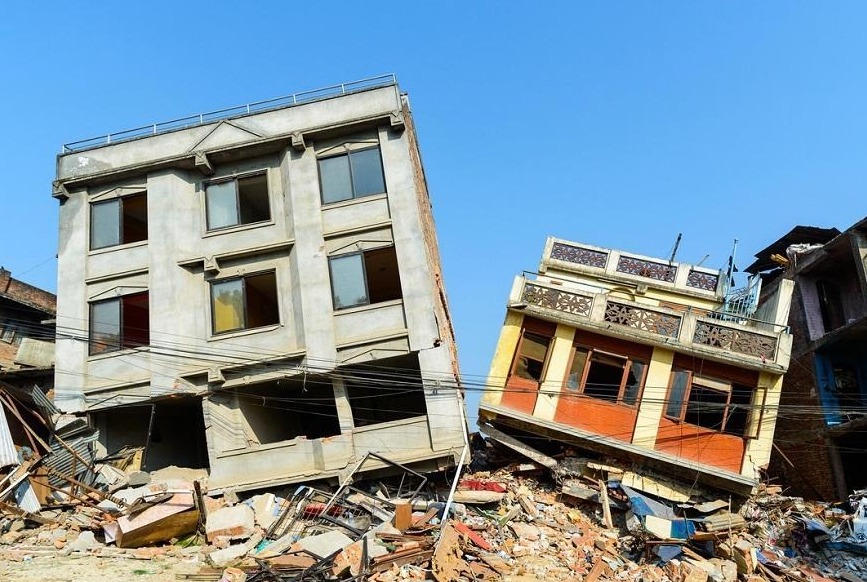Tuli valley in Mokokchung is currently experiencing a very serious environmental crisis caused by unregulated and unscientific coal mining across villages in the sub division. Over the past decade or so, there have been a mushroom of mine prospectors who have either formed local partnerships with some village landowners or taken on lease areas for mining.
Coal mining in Tuli as in other parts of Nagaland is unregulated and done through primitive rat hole mining. The coal dust and chemicals from the mines flow unchecked to streams and rivers (Milak river in the case of Tuli). The dust and chemicals used in mining form harmful poison which eventually flow to streams and rivers. Streams and rivers in Tuli area having been poisoned and can no longer sustain marine life besides indigenous flora. It will take centuries for the river(s) to be able so sustain marine and plant life.
The state government has failed to act promptly in preventing the environmental catastrophe. Coal in Nagaland is found in abundance in some districts such as- Mokokchung, Wokha, Dimapur, Longleng, Mon, and Peren
At Nemna valley in Tuli, a focal point for coal mining activities for over a decade, the unregulated rat hole mining has contributed to a large degree towards the wealth to the local people but what they earn is a pittance when compared with what coal mafias and transport syndicates from Assam earn from the proceeds of coal business.
Not only being deprived of access to buyers and also using or choosing their own carriage transport due to the powerful coal mafia lobby in Assam, which have the backing of the police; coal mining in Nagaland is surely going to cost the area dearly and ultimately leave the local people in dire straits after a decade or so.
People of Tuli are only today become aware about the hazards caused to the environment by rat hole coal mining and careless disposal of chemical and coal dust.
Some members of Tzüsangra Nemna Valley Farmer’s Society (TNVFS) have taken up the issue of the detrimental impact of coal mining on the surrounding environment, particularly on Tzüsangra water bodies, which have been contaminated by toxic waste from coal mining.
While pointing out that some mines have been operating illegally, the members said the flip side is that the coal mining contractors maintain the road to their farms and this provides access to the area during the offseason.
Meanwhile the TNVFS members have appealed to Merangkong Medemsanger Putu to devise a proper waste disposal method that does not harm the environment. Rat hole mining and disregard to the environment is not only the issue but also wanton destruction of natural forest due to coal mining.
When the matter was highlighted, Merangkong Medemsanger Putu member-cum-village council chairman Sosangmanen Imsong directed all coal contractors to dig additional pits near mining sites and warned that non-compliance would be serious viewed with.
There is clear evidence of norms and rules being flouted due to rat hole mining at Tuli town, Yimjenkimong, Molungyimsen, Molungkimong, Kangtsungyimsen and Anaki.
According to weight bridge officials at Watiyongpang gate and Longnakba Lenden, Wameken valley, coal supply from Tuli area has been continually been increased from 20,000 tons per year to 25,000 tons; then 35,000 to 45,000 tons over the years. Notably, a drilling camp from DGM–14 unit under the Geology & Mining department has been set up between Tuli town and Tzüdikong town since last year. The camp aims at determining the quantity of coal deposits in the area with intentions of future mining.




